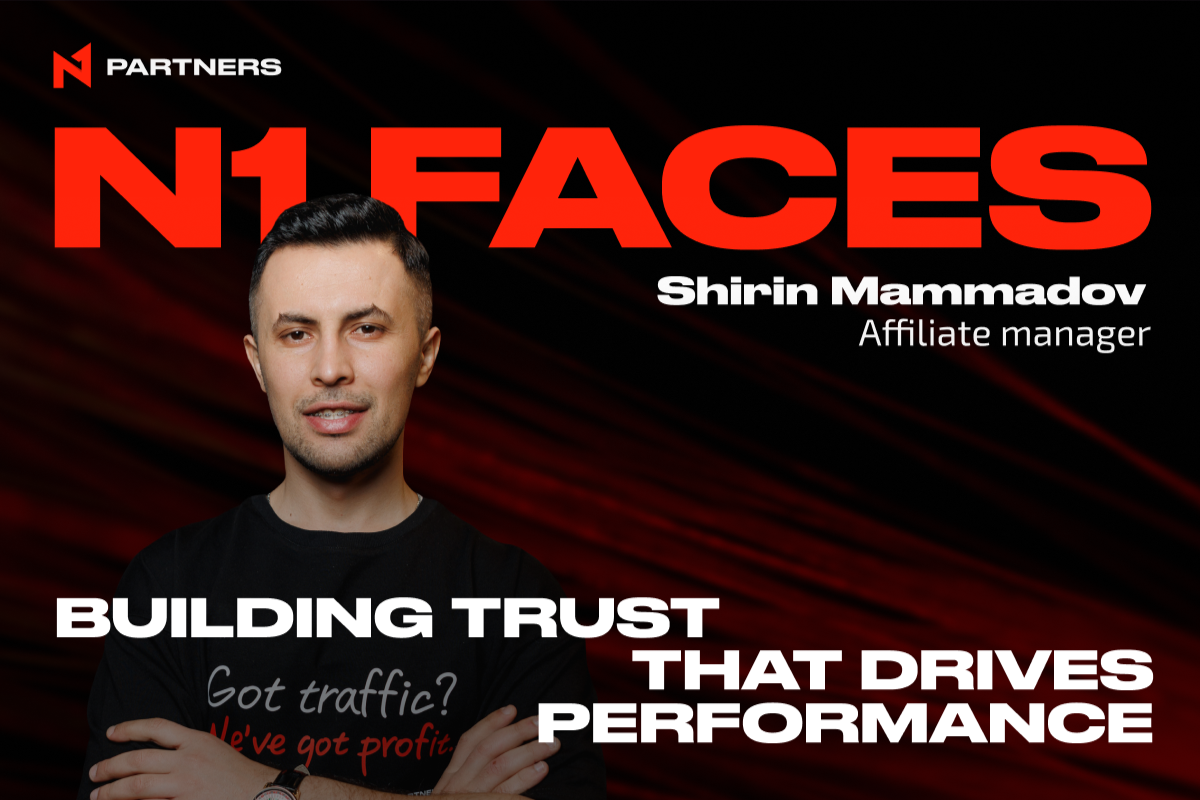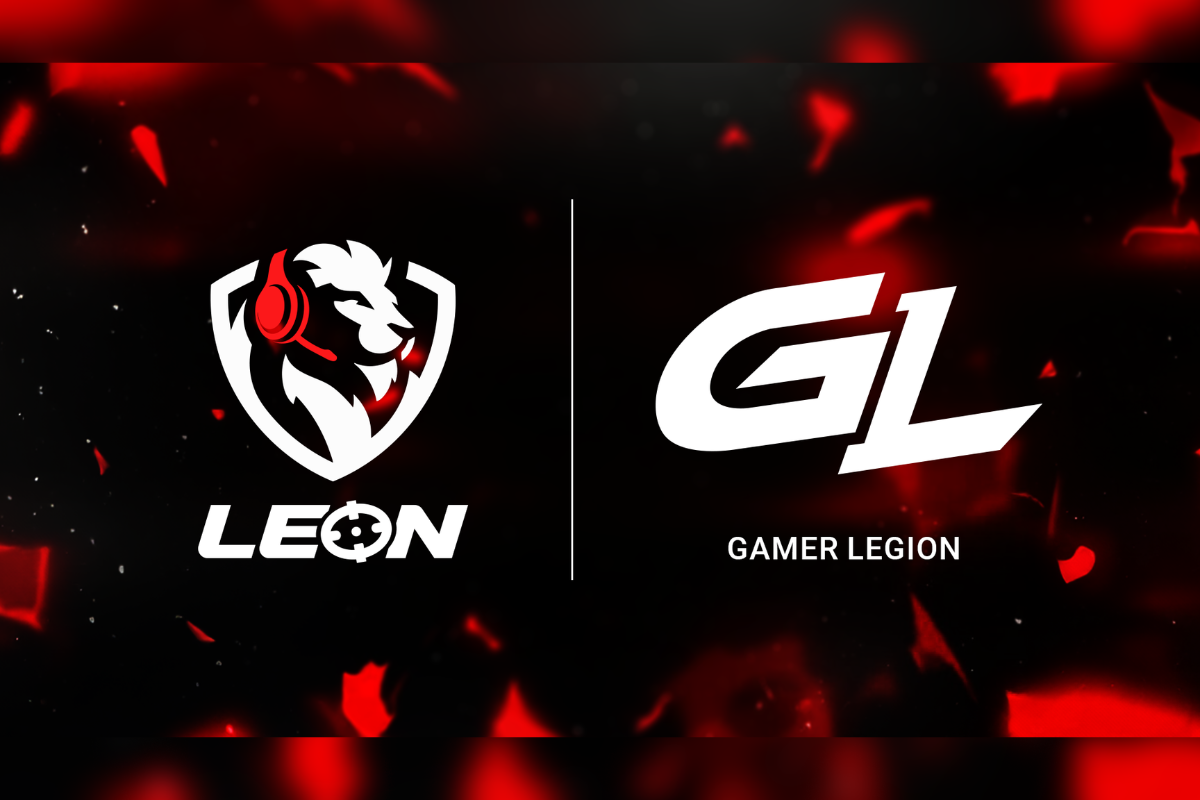News
How Scalable Blockchains Can Change the iGaming Affiliate Industry for the Better

Recently, iGaming pioneer Calvin Ayre called on the online gambling industry to go all-in on BSV blockchain. This blockchain is the original blockchain protocol restored and is associated with Ayre and the man who he believes to be Satoshi Nakamoto, Dr. Craig Steven Wright.
Ayre and others have outlined how BSV, or blockchains in general, can have positive impacts on the iGaming business. In this piece, we’ll zoom in on how it could impact the iGaming affiliate sector.
Immutable Audit Trails
As the hype around blockchains dies down, and speculation on token prices reaches what may well be the peak, many are beginning to figure out what this technology is and how it can be applied to industries to make them better, more efficient, and more honest.
“Blockchains are essentially distributed databases,” said Leo Twin from GamblersPro.com. “They have the potential to end disputes between affiliate program operators and affiliates themselves over shaving players, failing to report accurately, etc. Everything would be time-stamped and visible on public blockchains, giving affiliates the ability to track and verify player activity for themselves.”
Immutable audit trails have wider implications than this. They could help operators flag compliance violations in real-time and make evidence easy to find and present when they’re wrongly accused of violations by regulators. This could lead to a lot of savings in terms of both time and money for both parties.
Real-Time Payouts
Wouldn’t it be amazing if affiliates could receive commissions on a per-bet basis rather than days or weeks after the end of the month? That’s possible on blockchains with micro-fees.
On blockchains like BSV, the average fee is $0.0001 per transaction, and the fees can get a lot lower as miners lower their fee per byte in the face of demand. This makes it possible to distribute the profits of each wager to multiple wallets in real-time, with the affiliate getting their 20% on the spot rather than waiting for the cashier to clear it at the end of the month.
Of course, there are still issues to solve here. How would negative carryover work, and would it even be economically feasible for casinos to pay bets on a per bet basis? “I don’t see why not,” Leo Twin told us. “When you think about it, deciding that the cutoff points are at the end of a month is arbitrary. Why not every week or quarter? It’s up to the program to decide and solve the associated problems.”
While real-time payments might not work for everyone, it’s easy to imagine how automated payouts combined with faster payouts for affiliates would lead some programs to gain a competitive edge over others.
“When micropayments become possible, it opens up a world of new avenues we can go down,” Twin told us. “The only limit is your imagination.”
Summary
These are only two of the ways in which scalable blockchains can revolutionize the affiliate industry. There are plenty of others. If even these two changes were implemented, it would change things for the better for all stakeholders; affiliates, program managers, and regulators would all save time, money, and energy. For that reason, it’s worth it for forward-thinking affiliate programs to assess their options and plan for the future in the blockchain revolution.
News
N1 Faces: Shirin Mammadov — Building Trust That Drives Performance

Growth in affiliate marketing is easy to promise — much harder to sustain. Real long-term results are built on consistency, clear communication, and relationships that can withstand market shifts, changing traffic sources, and rising competition.
In the new episode of N1 Faces, the N1 Partners team introduces Shirin Mammadov, Senior Affiliate Manager — a specialist focused on building structured, trust-based collaboration with partners. In this interview, Shirin shares how he entered the industry, what principles guide his work today, and what it takes to maintain performance and clarity in a high-pressure environment.
Shirin Mammadov
Senior Affiliate Manager, N1 Partners
How did you get into affiliate marketing, and when did you realize this was the field you wanted to grow in?
It started unexpectedly. At the time, I was running our own startup and wasn’t actively looking to move into affiliate marketing. The industry felt fast-paced, competitive, and performance-driven — exactly where I thrive. I’ve always enjoyed communication, negotiations, and building relationships, and affiliate marketing combines all of that. After some time in the role, I realized this wasn’t just a temporary step — it was a field where I could grow and challenge myself long term.
What brought you to N1 Partners, and what was the deciding factor?
Before joining N1 Partners, I was on the affiliate side, and N1 was one of my partners. From the start, the relationship with the team was transparent and professional. I saw their structured processes and strong performance mindset, but also a genuinely friendly atmosphere.
When I decided to move forward in my career, the key factor was trust. I already knew their standards and approach to growth. It wasn’t a risky move — it was a strategic one. I wanted to join a company I respected and where my affiliate-side experience could add real value.
What advice would you give your first-month self as an affiliate manager?
I would tell my first-month self to focus less on trying to prove myself immediately and more on deeply understanding the product, numbers, and traffic quality. Building strong partnerships takes time, and trust is more important than quick deals. I would also remind myself to ask more questions and not be afraid to challenge assumptions. The faster you understand the bigger picture, the faster you grow.
When do you know a partner will become a long-term relationship rather than a one-off deal?
You can usually see it from the very first conversations. If a partner is transparent about their traffic sources, open to feedback, and interested in continuous optimization rather than just the highest CPA, that’s a strong sign. Long-term partners think about strategy, testing, and growth — not just short-term profit. When there is mutual trust and aligned goals, it naturally turns into a sustainable relationship rather than a one-off deal.
How do you separate “normal volatility” from a real problem when you look at performance reports?
I separate normal volatility from a real problem by looking at trends over time rather than reacting to a single day’s numbers. Small fluctuations are normal, but consistent drops, unusual patterns, or deviations from historical performance are red flags. I also consider external factors, like seasonality or campaign changes, before jumping to conclusions. Once a pattern looks concerning, I dig into the data and communicate with the partner to identify the root cause.
Was there a time when the right communication truly “saved” a partnership? What did you do differently?
Yes, there was a situation where a partner was underperforming and frustrated with their results. Instead of focusing on numbers alone, I scheduled a direct conversation to understand their concerns and listen carefully. By aligning on goals, explaining the strategy, and suggesting practical adjustments, we rebuilt trust and improved performance together. It showed me that proactive, transparent communication can turn a challenging situation into a stronger, strategic partnership.
Do you have a personal motto? Sum yourself up in one sentence.
Work smart, communicate clearly, and always aim for long-term results
What helps you stay balanced and clear-headed during high-pressure periods?
I stay balanced by keeping active and making sure I move my body, whether it’s at the gym or just staying consistent with workouts. I also make a point to disconnect from work for short periods, which helps me reset and approach challenges with a clear mind. Planning my day carefully and focusing on one task at a time keeps stress manageable. This combination of physical activity and structured focus helps me stay calm and effective under pressure.
If you weren’t in iGaming …
If I weren’t in iGaming, I think I’d be a seaman. I’ve always been drawn to the sea – the challenge, the adventure, and the discipline it requires really appeal to me. In a way, both paths share the same mindset: staying focused, navigating uncertainty, and taking responsibility for outcomes.
Top-3 Blitz
What are the biggest red flags in leads — and what do you do when you see them?
- Unclear traffic sources — I ask detailed questions and request transparency before moving forward.
2. Inconsistent performance — I monitor closely and set clear KPIs to track improvements.
3. Lack of communication or responsiveness — I address it directly, set expectations, and decide if the partnership is worth continuing.
From an affiliate’s perspective, what matters most in an affiliate program?
1.Timely and transparent payments — affiliates need confidence in accurate, on-time payments.
2.Clear communication and support — being able to get answers, guidance, and updates quickly is essential.
3.Opportunities for growth — competitive offers, performance incentives, and tools that help them scale traffic effectively.
Name the tools you can’t imagine an affiliate manager working without.
- CRM / Affiliate tracking platforms — to monitor performance, track partners, and analyze data accurately.
2. Spreadsheet & analytics tools — for performance analysis, trend spotting, and making data-driven decisions.
3. Communication tools — email, chat, and video calls to maintain strong partner relationships.
Join N1 Partners
Partners who want to discuss a launch, explore tailored terms, or test an offer can reach out to Shirin directly.
N1 Partners provides everything affiliates need to stay ahead: high-converting products, ongoing analytics with optimization recommendations, and hands-on support from managers focused on long-term performance.
N1 Partners is more than an affiliate program. As a multi-brand affiliate platform and direct advertiser, the company unites 14+ casino and betting brands, operates across Tier-1 GEOs, delivers Reg2Dep rates of up to 70%, and offers competitive deals for top partners — CPA up to €700 and RevShare up to 45%. Trusted by 14,000+ partners, N1 Partners is recognized for its transparency, flexibility, and partner-first approach — where people and communication quality remain the foundation of long-term success.
News
LEON Esports Expands its Partnership with GamerLegion to Include a Dota 2 Team

Online casino and sportsbook LEON has expanded its partnership with the esports organisation GamerLegion to include the team’s Dota 2 roster.
LEON already sponsors GamerLegion’s Counter-Strike 2 team, and the new agreement marks the next step in the brand’s growing LEON esport direction.
GamerLegion’s North American Dota 2 squad was formed in late 2025 and played its first official match on November 15th. The team is currently ranked around #17 in the world and has already taken part in major tournaments such as PGL Wallachia, DreamLeague and BLAST Slam.
As part of the expanded partnership, LEON and GamerLegion will launch exclusive giveaways, fan activities and joint content for the esports community, continuing to build engagement around both teams.
News
Meet N1 Partners at Affiliate World Global in Dubai

N1 Partners team is attending Affiliate World Global in Dubai on 4 and 5 March 2026. The event is a major meeting point for affiliates, media buyers, and performance-driven brands, known for high-intensity networking, deal-making, and practical conversations around traffic, monetization, and scaling.
One of the key focuses will be the N1 Traffic Cups series, a year-long format of traffic tournaments running throughout 2026. The first stage, N1 SEO Traffic Cup, which is just getting started and will open the season for affiliates ready to compete, scale, and earn extra rewards.
Affiliate World Global will be the perfect moment to discuss the N1 SEO Traffic Cup in person. Attendees will be able to connect directly with the team, get the details first, and explore the best strategies for their traffic to take advantage of the tournament.
In Dubai, N1 Partners will be ready to connect with partners looking for strong brands, fast execution, and flexible deals across 10+ Tier-1 GEOs. The team will also share insights into new projects planned for 2026, upcoming launches, and key growth priorities for the year ahead.
Book a Meeting with Our Affiliate Managers
To make the most of Affiliate World Global, book a meeting with N1 Partners in advance and discuss partnership opportunities directly on-site.
Alexey Gusarov, Team Lead of Affiliates and Victoria Sokolenko, Affiliate Manager, will represent N1 Partners in Dubai and will be available throughout the event to talk about traffic strategy, deal structures, and how to join the upcoming N1 Traffic Cups.
Why Meet N1 Partners at Affiliate World Global
Affiliate World Global is the right place to explore:
- 14+ casino and sportsbook brands with Reg2Dep up to 70%
- Top deals across 10+ Tier-1 GEOs
- CPA up to €700 for high-performing traffic, RevShare up to 45% + NNCO for top partners, and hybrid models
See you in Dubai at Affiliate World Global.
About N1 Partners
N1 Partners is a multi-brand affiliate program and direct advertiser, bringing together 14+ casino and sportsbook brands with high LTV and Reg2Dep conversion rates of up to 70%. Operating successfully since 2018, the company delivers stable results and long-term value for partners worldwide.
N1 Partners offers transparent terms, flexible partnership models, and a reputation as a reliable partner. With a strong product portfolio, advanced retention system, and experienced team, N1 Partners helps partners achieve consistent earnings even in highly competitive Tier-1 markets.
Be number one with N1 Partners.
-

 News2 weeks ago
News2 weeks agoN1 Traffic Cups: The Year of Traffic Tournaments Starts soon
-

 News2 weeks ago
News2 weeks agoN1 Insights: The iGaming Trends Everyone Will Be Talking About This March
-

 News6 days ago
News6 days agoMeet N1 Partners at Affiliate World Global in Dubai
-

 News2 days ago
News2 days agoLEON Esports Expands its Partnership with GamerLegion to Include a Dota 2 Team
-

 News3 hours ago
News3 hours agoN1 Faces: Shirin Mammadov — Building Trust That Drives Performance




























